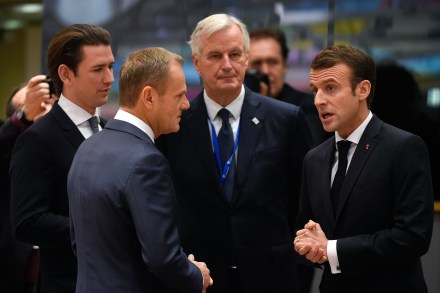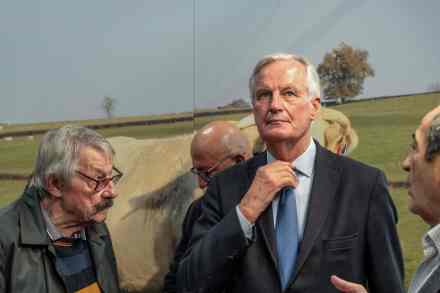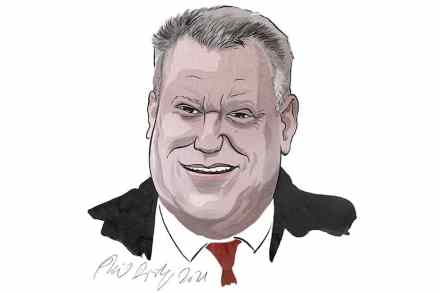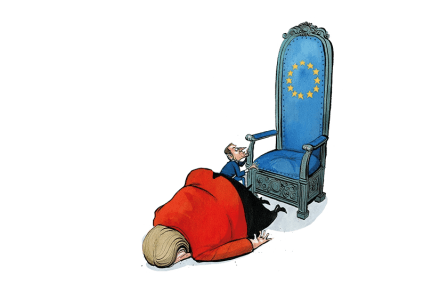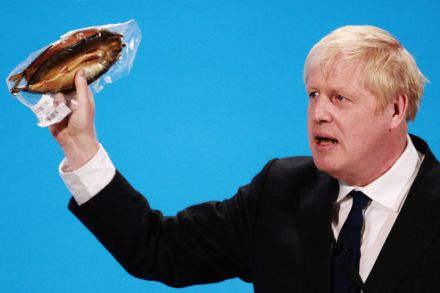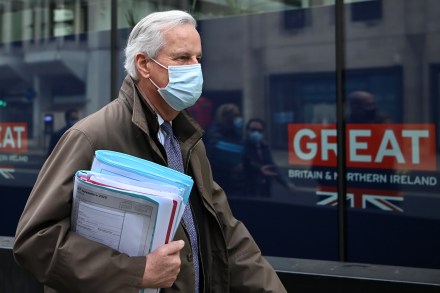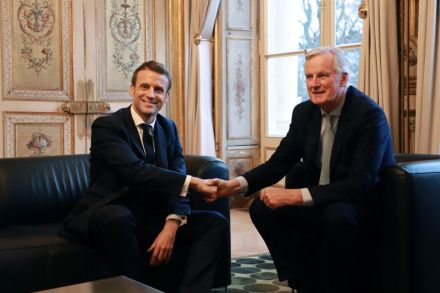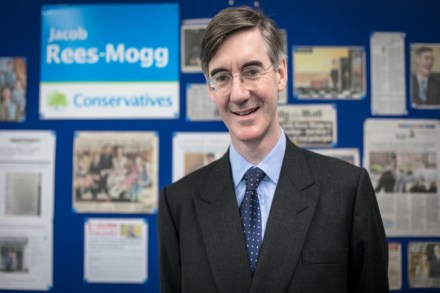Macron and Barnier chase the nationalist vote
For centrists of a certain age, few names are more likely to tug the heartstrings than Emmanuel Macron and Michel Barnier. In the halcyon days of 2017, the two Frenchman seemed the epitome of all that was chic, calm and above all rational: the former a fresh-faced Élysée outsider who made moderation great again; the latter a silver-haired successor to the tradition of Talleyrand as the EU’s Brexit negotiator. But four years is a long time in politics and both men have undergone something of a transformation. Plagued by protests and the pandemic, Macron has shelved much of his ambitious reform programme, embarking instead on populist crowd-pleasers as fears have grown over
